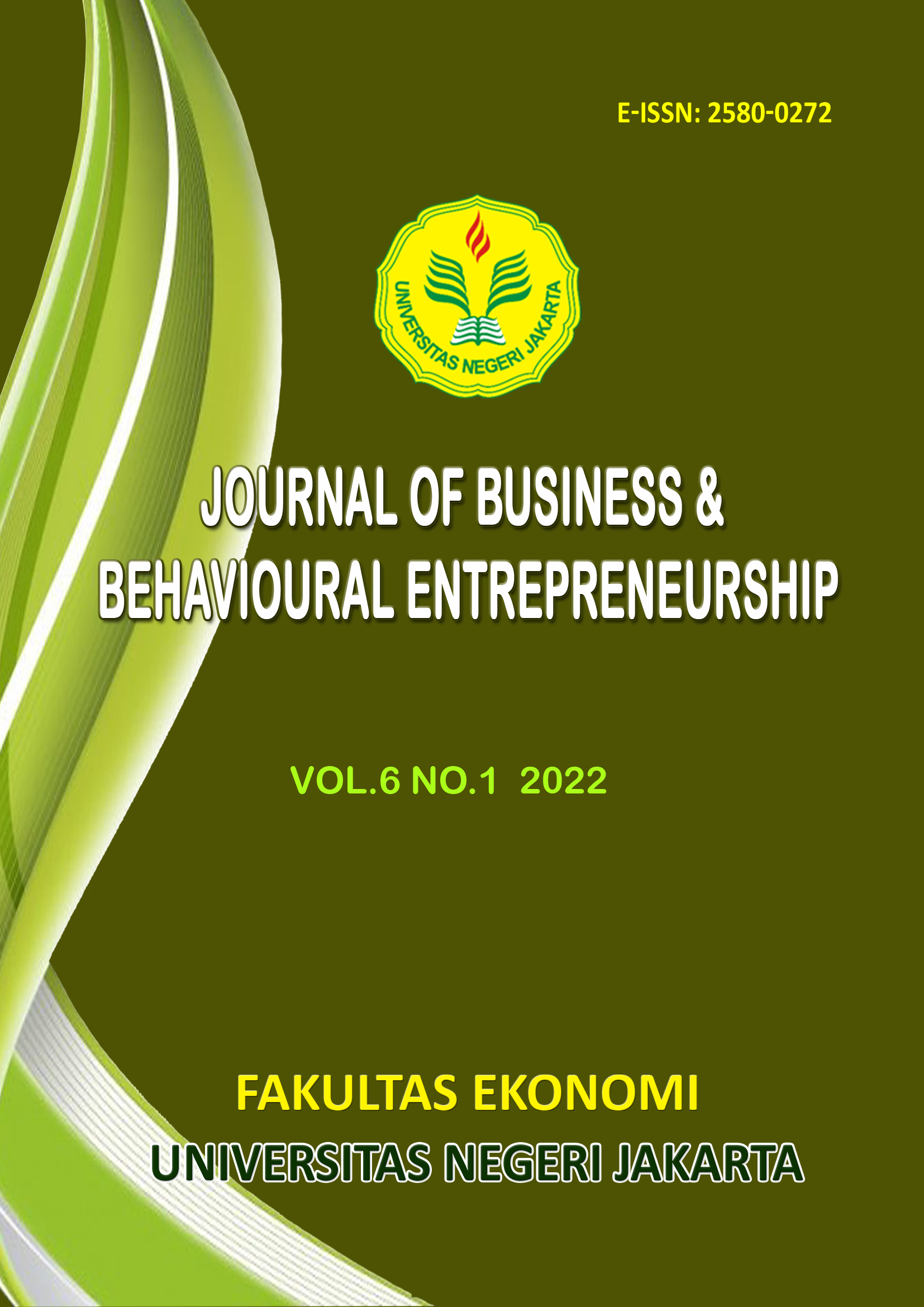Role of Leaders’ Positive Communication in Facilitating Change
DOI:
https://doi.org/10.21009/JOBBE.006.1.08Keywords:
Positive communication, positive change, integrative approach, constructive interactionAbstract
Coping with unexpected and unprecedented challenges, particularly in managing change, is part of a leader’s function. Change often presents problems and tensions between the parties involved, which can derail the achievement of their objectives. For change to be successful, leaders need to build morale, unify individual and departmental aspirations, and positively influence such change. This study explores positive communication models that can facilitate leaders in managing change. By reviewing the literature of positive communication in the areas of a positive organization, particularly involving the integrative approach and constructive interaction, this study found the certain ways of communication that can encourage effective change agents while reducing the resistance of the individual change target. This work reveals that the constructive and integrative dimension of positive communication may facilitate the change agent to be more internally directed and purpose oriented. On the other hand, questioning and discovery emphasize the affection aspects and will lessen the resistance and make change target those who are more open and eager to collaborate.
.









